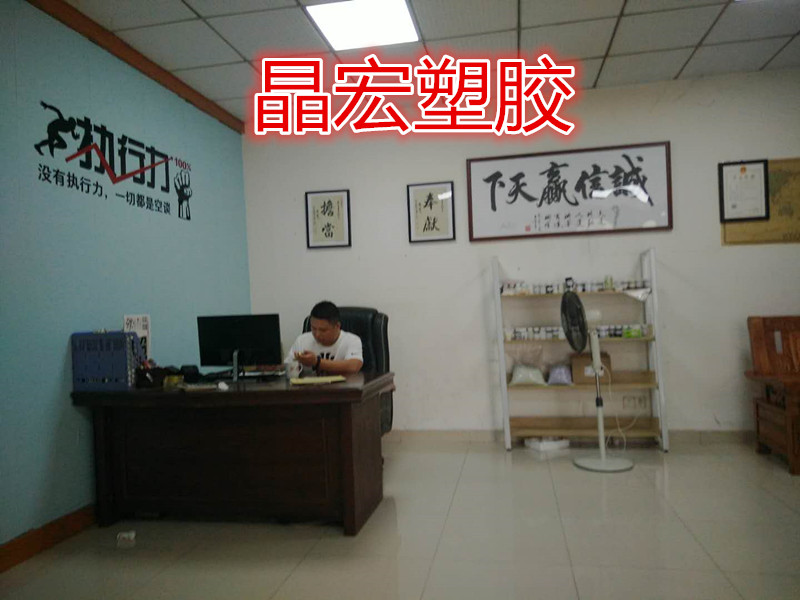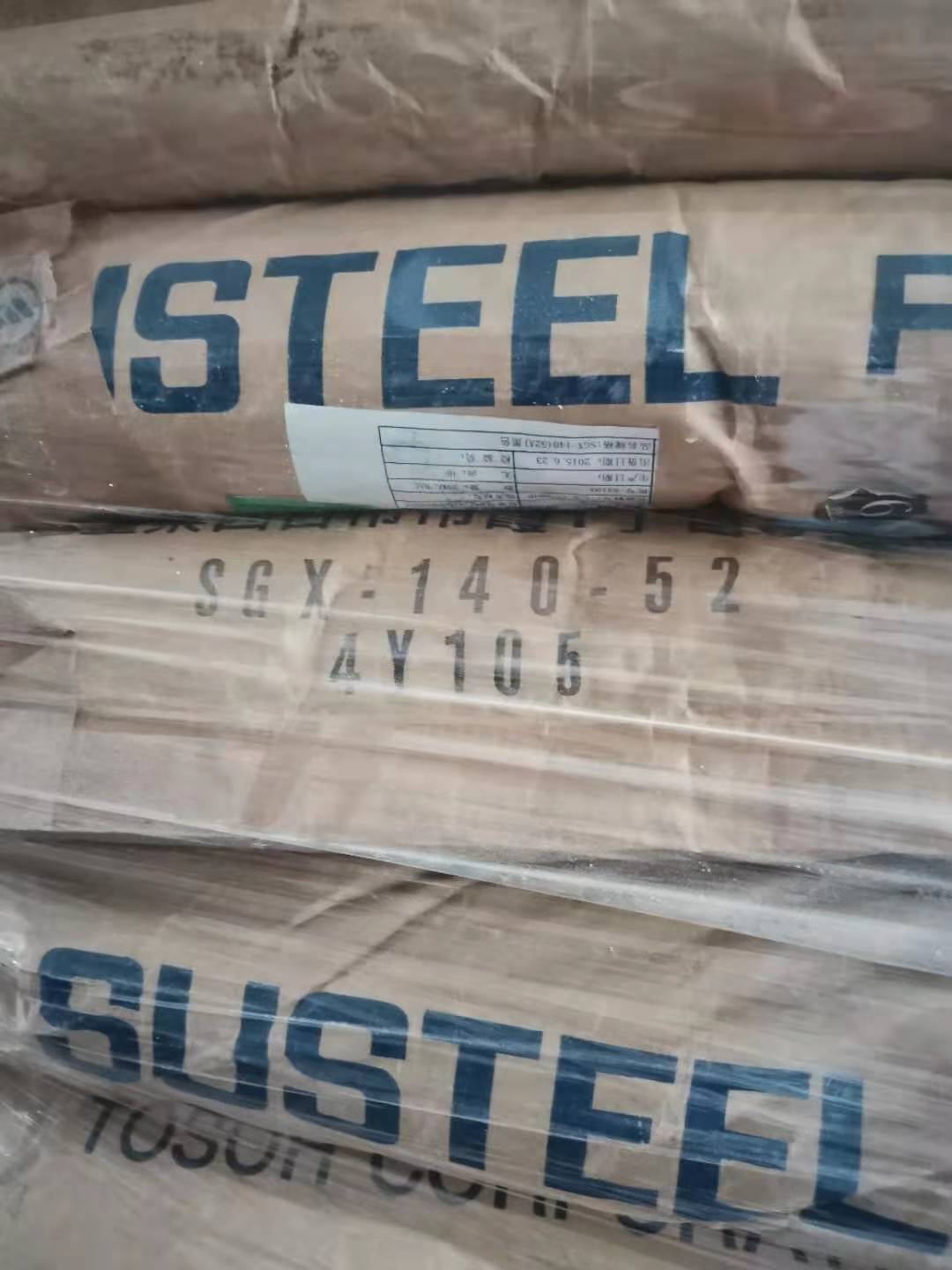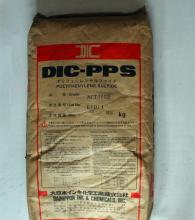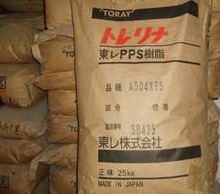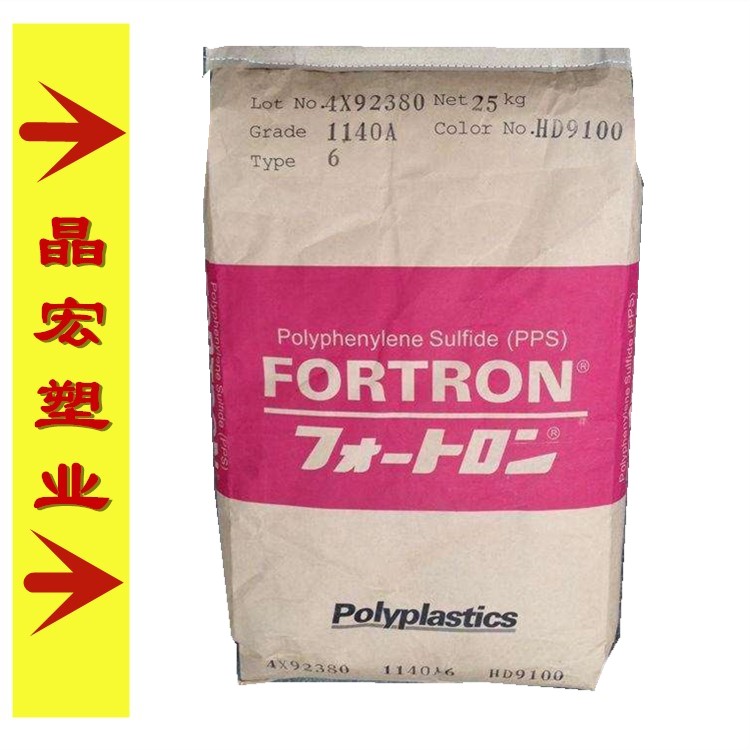PPS 1140A1日本宝理Feature application---(1) General properties: PPS is a kind of white, high crystallinity, hard and brittle polymer. The relative density of pure PPS is 1.3, but it will increase after modification. PPS has a very ***all water absorption, generally only about 0.03%. Compared with other plastics, PPS is a high flame retardant material (oxygen index of pure PVC is 47%, PSF is 30%, PA66 is 29%, MPPO is 28%, PC is 25%).
(2) Mechanical properties: the mechanical properties of pure PPS are not high, especially the impact strength is relatively low. The impact strength and tensile strength of glass fiber reinforced composites increase from 27j / m to 76j / M and 6Mpa to 137mpa, respectively. PPS has high rigidity, which is rare in engineering plastics. The flexural modulus of pure PPS can reach 3.8GPa, and the flexural modulus of inorganic filled PPS can reach 12.6gpa, which is increased by 5 times. However, PPO is only 2.55gpa and PC is only 2.1gpa.
PPS has good creep resistance under load, high hardness, high wear resistance, and its wear loss at 1000 rpm is only 0.04g, which will be further improved after filling with F4 and molybdenum disulfide; PPS also has certain self-lubricating property. The mechanical properties of PPS are less sensitive to temperature. (3) thermal properties: PPS has excellent thermal properties, short-term resistance to 260 ℃ and long-term use at 200 ~ 240 ℃; its heat resistance is equivalent to PI, second only to F4 plastic, which is rare in thermosetting plastics.
(4) Electrical properties: the electrical properties of PPS are very outstanding. Compared with other engineering plastics, its dielectric c***tant and dielectric loss tangent value are relatively low, and it does not change much in a larger frequency, temperature and temperature range; PPS has good arc resistance, which is comparable with thermosetting plastics. PPS is commonly used in electrical insulation materials, its amount can account for about 30%.
(5) Environmental performance: one of the biggest characteristics of PPS is good chemical corrosion resistance, its chemical stability is second only to F4; PPS is stable to most acids, esters, ketones, aldehydes, phenols, aliphatic hydrocarb***, aromatic hydrocarb***, chlorinated hydrocarb***, etc., but not resistant to chlorinated biphenyls, oxidizing acids, oxidants, concentrated sulfuric acid, concentrated nitric acid, aqua regia, hydrogen peroxide and sodium hypochlorite, etc. PPS has good radiation resistance. In addition, it has good dimensional stability and oil resistance.
Scope of application
(1) Automobile industry: PPS is mainly used in automobile functional parts, igniter, heater, temperature controller, lamp holder, bearing, etc.
(2) Machinery industry: used for shell, structural parts, wear-resistant parts and sealing materials, including pump body, valve, bearing, bearing bracket, piston ring and gear, etc.
(3) Textile fiber: used for special industrial dust removal equipment.
(4) Film / insulation paper: used for motor insulation materials.
(2) Mechanical properties: the mechanical properties of pure PPS are not high, especially the impact strength is relatively low. The impact strength and tensile strength of glass fiber reinforced composites increase from 27j / m to 76j / M and 6Mpa to 137mpa, respectively. PPS has high rigidity, which is rare in engineering plastics. The flexural modulus of pure PPS can reach 3.8GPa, and the flexural modulus of inorganic filled PPS can reach 12.6gpa, which is increased by 5 times. However, PPO is only 2.55gpa and PC is only 2.1gpa.
PPS has good creep resistance under load, high hardness, high wear resistance, and its wear loss at 1000 rpm is only 0.04g, which will be further improved after filling with F4 and molybdenum disulfide; PPS also has certain self-lubricating property. The mechanical properties of PPS are less sensitive to temperature. (3) thermal properties: PPS has excellent thermal properties, short-term resistance to 260 ℃ and long-term use at 200 ~ 240 ℃; its heat resistance is equivalent to PI, second only to F4 plastic, which is rare in thermosetting plastics.
(4) Electrical properties: the electrical properties of PPS are very outstanding. Compared with other engineering plastics, its dielectric c***tant and dielectric loss tangent value are relatively low, and it does not change much in a larger frequency, temperature and temperature range; PPS has good arc resistance, which is comparable with thermosetting plastics. PPS is commonly used in electrical insulation materials, its amount can account for about 30%.
(5) Environmental performance: one of the biggest characteristics of PPS is good chemical corrosion resistance, its chemical stability is second only to F4; PPS is stable to most acids, esters, ketones, aldehydes, phenols, aliphatic hydrocarb***, aromatic hydrocarb***, chlorinated hydrocarb***, etc., but not resistant to chlorinated biphenyls, oxidizing acids, oxidants, concentrated sulfuric acid, concentrated nitric acid, aqua regia, hydrogen peroxide and sodium hypochlorite, etc. PPS has good radiation resistance. In addition, it has good dimensional stability and oil resistance.
Scope of application
(1) Automobile industry: PPS is mainly used in automobile functional parts, igniter, heater, temperature controller, lamp holder, bearing, etc.
(2) Machinery industry: used for shell, structural parts, wear-resistant parts and sealing materials, including pump body, valve, bearing, bearing bracket, piston ring and gear, etc.
(3) Textile fiber: used for special industrial dust removal equipment.
(4) Film / insulation paper: used for motor insulation materials.


